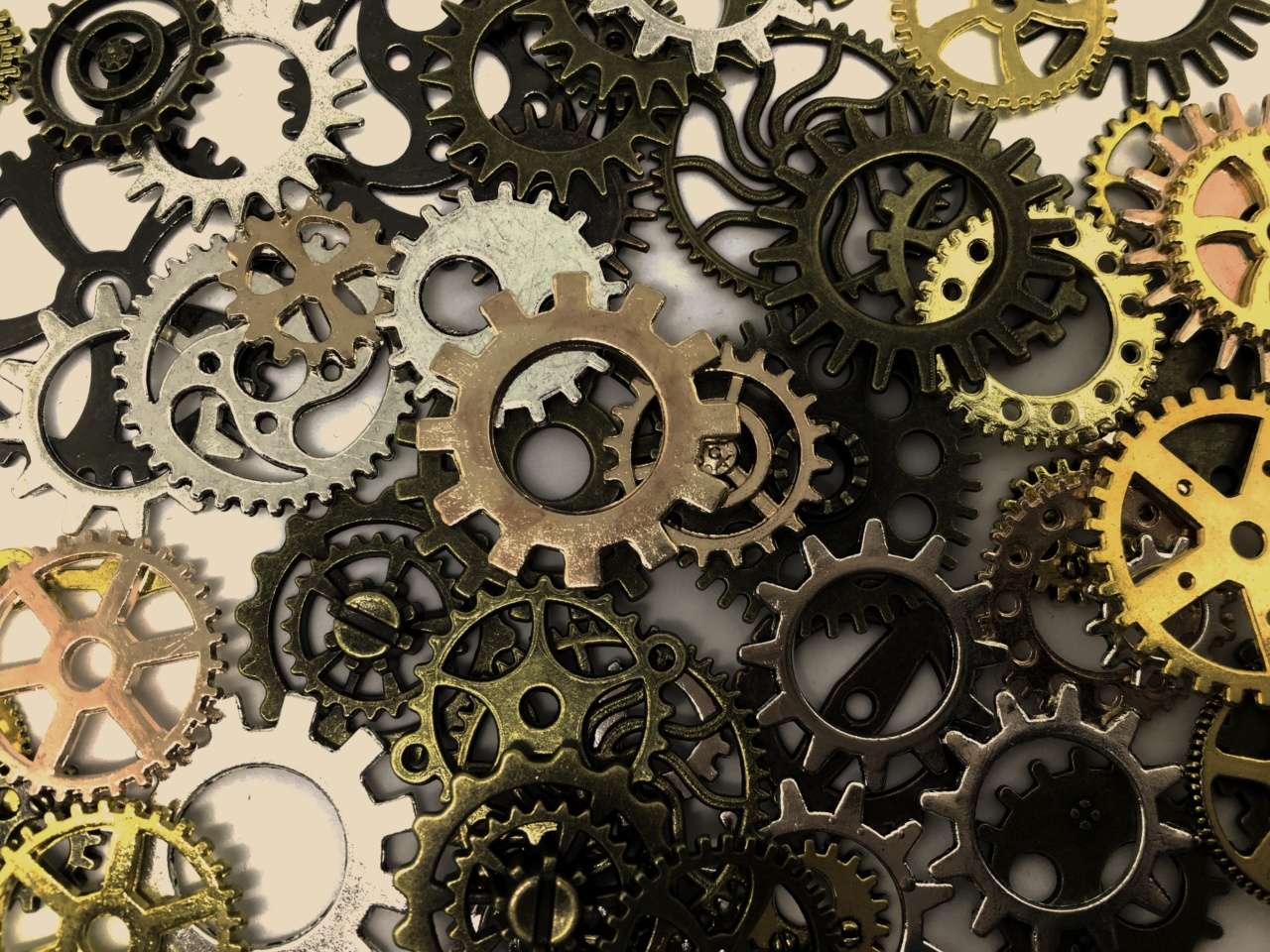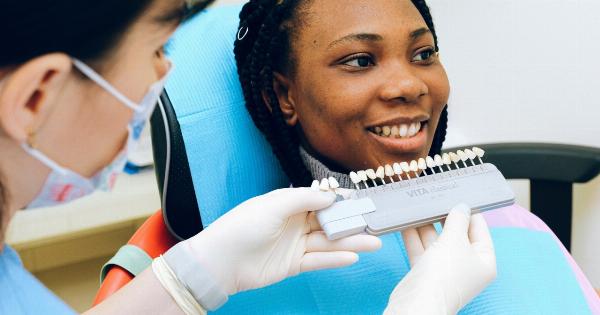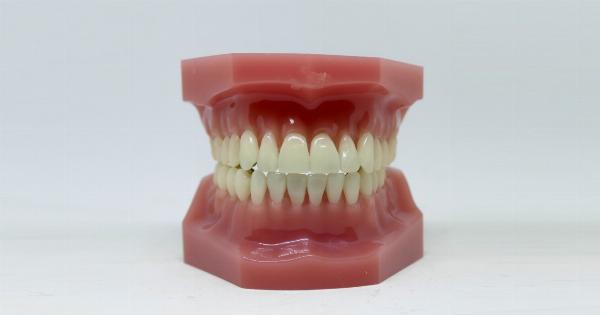The field of dentistry has seen significant advancements over the years, with technological innovations revolutionizing various treatment procedures. One such breakthrough in dentistry is the use of lasers for enhancing teeth.
Laser dentistry offers precision, efficiency, and improved patient comfort, making it a popular choice for many dental practitioners and patients alike. This article explores the various applications of lasers in dentistry and the benefits they bring to dental treatments.
The Science Behind Laser Dentistry
Laser stands for “Light Amplification by Stimulated Emission of Radiation.” Lasers used in dentistry work by emitting a concentrated beam of light energy.
The laser beam can be adjusted in intensity and wavelength, allowing dentists to perform various procedures with utmost precision and control. Different types of lasers are utilized in dentistry, including diode lasers, erbium lasers, and carbon dioxide lasers, each suited for specific dental treatments.
Applications of Lasers in Dentistry
Laser dentistry finds use in a wide range of dental procedures, providing both cosmetic and restorative benefits to patients. Here are some notable applications:.
1. Teeth Whitening
Laser-assisted teeth whitening is a popular cosmetic procedure that helps remove deep stains and discolorations from the teeth.
The dentist applies a peroxide-based gel on the teeth and then directs the laser beam to the gel-coated teeth, activating the whitening process. The laser energy accelerates the chemical reaction, resulting in brighter and whiter teeth.
2. Dental Fillings
Gone are the days of uncomfortable dental drills! Lasers are now used to remove decayed tooth material and prepare the tooth for a filling. The laser energy vaporizes the decayed part while preserving healthy tooth structure.
Laser-assisted dental fillings reduce discomfort, minimize the need for anesthesia, and can be an excellent option for patients with dental anxiety.
3. Gum Reshaping
Lasers prove incredibly effective in reshaping and contouring gum tissue. Dentists utilize lasers to remove excess gum tissue and reveal more of the tooth surface, giving a balanced and aesthetically pleasing smile.
Laser gum reshaping is commonly employed in treating gummy smiles, where excessive gum tissue makes the teeth appear shorter.
4. Periodontal Disease Treatment
Lasers have revolutionized the treatment of gum diseases such as gingivitis and periodontitis. Dental lasers can precisely remove infected gum tissue and disinfect the area, promoting gum healing and preventing the spread of infection.
Laser gum disease treatment provides a less invasive alternative to traditional gum surgery, reducing pain and ensuring faster recovery.
5. Biopsies
When dentists suspect the presence of oral lesions or abnormalities, they may perform a biopsy to extract a tissue sample for diagnosis.
Lasers can be utilized to perform these biopsies with minimal discomfort and bleeding, ensuring accurate diagnosis and timely treatment.
6. Root Canal Therapy
Lasers find application in root canal treatment as well. During the procedure, lasers can effectively clean and sterilize the root canal system, eliminating bacteria and reducing the risk of reinfection.
Laser-assisted root canal therapy offers enhanced precision, improved disinfection, and faster healing.
7. Dental Implant Procedures
Lasers play a crucial role in various dental implant procedures. They can be used to uncover dental implants during the healing process, assisting in the placement of prosthetic teeth.
The laser technology ensures minimal trauma to tissues and promotes faster healing around the dental implants.
Advantages of Laser Dentistry
Lasers have transformed dental treatments in several ways, providing numerous benefits for both dental practitioners and patients. Some of the advantages of laser dentistry include:.
1. Minimally Invasive
Laser procedures are often less invasive compared to traditional methods. The precision of lasers allows dentists to target specific areas, minimizing damage to surrounding healthy tissues.
As a result, patients experience less discomfort and require less downtime for recovery.
2. Reduced Bleeding and Swelling
The use of lasers in dental treatments helps minimize bleeding and swelling. The laser energy cauterizes blood vessels and disinfects the area simultaneously, reducing the risk of post-operative complications such as infections and inflammation.
3. Enhanced Precision
Laser dentistry offers unparalleled precision. The dentist can precisely remove or reshape only the necessary tissue, preserving healthy structures. This precision results in more conservative treatments and improved final outcomes for patients.
4. Fast Healing
Laser-assisted procedures often promote faster healing and recovery. The laser energy can stimulate tissue regeneration, reduce post-operative discomfort, and accelerate the healing process.
Patients undergoing laser treatments typically experience less downtime and can resume their normal activities sooner.
5. Minimized Need for Anesthesia
Many laser dental procedures are less painful, requiring little to no anesthesia. This is particularly beneficial for patients with dental anxiety or those who prefer to avoid needles and numbing agents.
Limitations and Considerations
While laser dentistry offers numerous advantages, there are a few limitations and considerations to be aware of:.
1. Cost
Investing in laser equipment can be costly for dental practices, which may affect the availability of laser dentistry in certain regions. However, the long-term benefits and patient satisfaction often justify the initial investment.
2. Limited Applicability
Laser dentistry may not be suitable for all dental procedures. Some treatments may still require traditional techniques or a combination of laser and conventional methods.
Dentists need to evaluate each patient’s specific needs and determine the most appropriate approach.
3. Training and Expertise
Proper training and expertise are essential in performing laser dental procedures. Dentists must undergo specialized training to use lasers safely and effectively.
It is crucial to choose a dental professional who is experienced in laser dentistry to ensure optimal results.
In Summary
Laser dentistry has revolutionized the way dental treatments are conducted, enhancing precision, patient comfort, and treatment outcomes.
From teeth whitening and dental fillings to gum reshaping and periodontal disease treatment, lasers find a multitude of applications in dentistry. The advantages of laser dentistry include minimal invasiveness, reduced bleeding and swelling, enhanced precision, fast healing, and minimized need for anesthesia.
While laser dentistry may not be suitable for all cases and requires specific expertise, it continues to pave the way for more patient-friendly and efficient dental treatments.


























